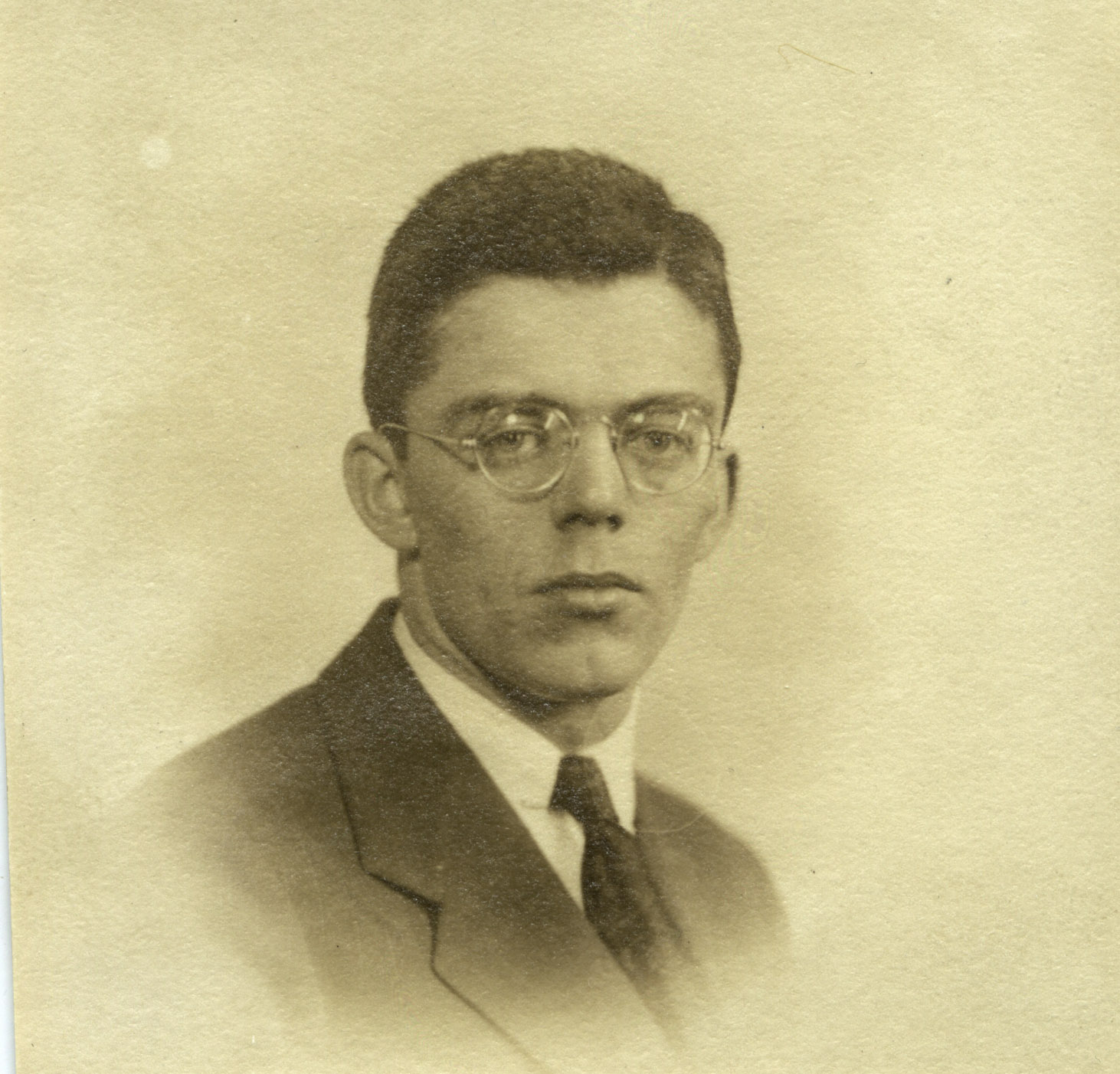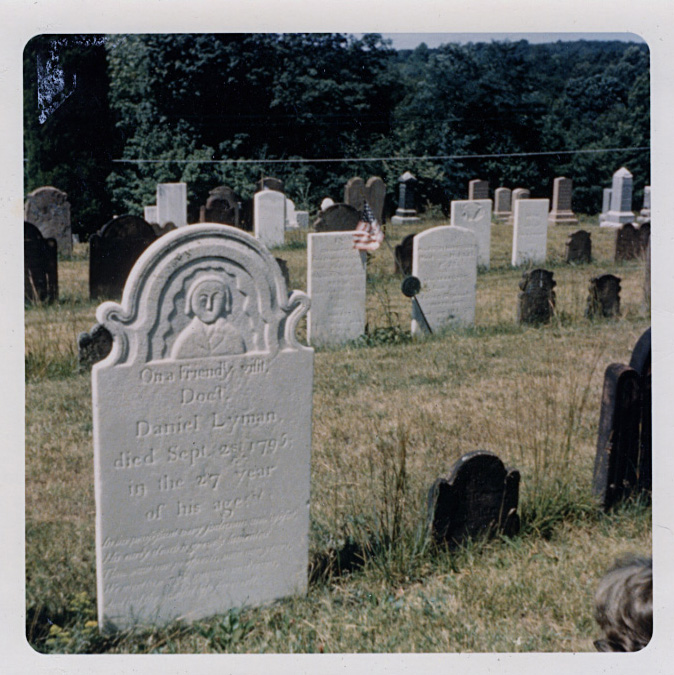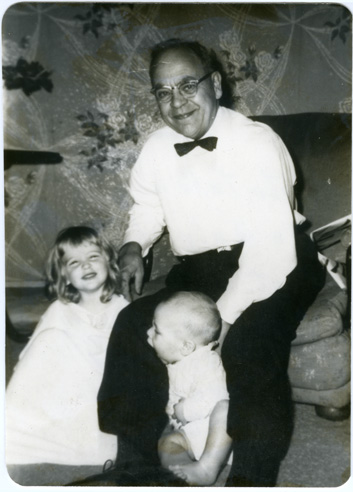White Light Communications Collection
1989-1999
150 items 54 linear feet
Call no.: MS 984
Access restrictions: Temporarily stored offsite; contact SCUA in advance to request materials from this collection.
A not-for-profit media company based in Burlington, Vermont, White Light Communications produced dozens of videos during the late 1980s and early 1990s reflecting the voices and experiences of psychiatric survivors. With initial funding from the National Institute of Mental Health, Executive Director Paul Engels and his colleagues, all psychiatric survivors themselves, built a fully-equipped television production studio and conducted nearly one hundred interviews with ex-patients and leaders in the antipsychiatry movement. Although most of the interviews were conducted in Burlington, they also produced documentaries, and covered national events such as the final two Alternatives conferences and “Self Help Live,” a broadcast that focused on highlighting consumer/survivor leaders.
The hundreds of video interviews and other productions that comprise the White Light Communications collection were produced by, for, and about psychiatric survivors. Paul Engels interviewed nearly a hundred ex-patients including important leaders in the movement such as Judi Chamberlin, Sally Zinman, Howie the Harp, and George Ebert, and several episodes focused on the mental health system and activism in Vermont. The subjects of the interviews range widely from homelessness to involuntary treatment, peer support, suicide, surviving the mental health system, and the history of the psychiatric survivors movement.
Gift of Paul Engels, May 2017
Subjects
AntipsychiatryCivil rights movements--United StatesEx-mental patientsMental health services--United StatesMental illness--Alternative treatmentMentally ill--Social conditionsPsychiatric survivors movementContributors
Chamberlin, Judi, 1944-2010Dart, Justin, 1930-2002Ebert, GeorgeEngels, PaulMillett, KateZinman, SallyTypes of material
Oral histories (Document genres)U-maticVideotapes




